Introduction
Yes, dogs can eat black eyed peas. Also known as cowpea, this rich protein source is one of the oldest crops and still a popular plant-based proteins source. Just forget about the word peas in its name – the black eyed peas are, in fact, beans.
Black eyed peas belong to the versatile legume family together with black beans, chickpeas, lima beans, lentils, string beans, navy beans, kidney beans. All legumes are dog-friendly – safe, beneficial, nutritious, and tasty.
Why are Black Eyed Peas Good for Dogs?
Black eyed peas are readily available and relatively easy to prepare. However, they are more than convenient, high-quality, and budget-friendly food for dogs. Black eyed peas are packed with nutrients and come with several welfares. Here are the several health-boosting effects of black eyed peas for dogs.

Protein Source
All members of the legume family are excellent sources of plant-based proteins. Plant-based proteins are a valuable addition to regular dog food. Alternatively, they can be used as primary protein sources in vegan formulas for meat-sensitive dogs.
Rich in Fiber
Beans are rich in dietary fibers that have various vital roles. For example, they aid digestion, support gut microflora, and prevent constipation issues. Additionally, dietary fibers regulate blood sugar and cholesterol levels and support heart health.
Vitamins & Minerals
Black eyed peas are particularly rich in vitamin K and iron. Vitamin K supports protein metabolism and blood clotting, while the iron is a crucial component of the red blood cells and helps with oxygen transport.
Black eyed peas are also rich in vitamin A, C, and B-complex (thiamine, niacin, and folic acid) as well as calcium, magnesium, potassium, phosphorus, copper, and zinc.
Polyphenols
Black eyed peas contain compounds known as polyphenols. Polyphenols are potent antioxidants that protect cells from the damaging effects of free radicals and prevent diseases.
Can Black Eyed Peas be Bad for Dogs?
From the explanation above, we can see that the benefits of black eyed peas for dogs are multiple and versatile. So, why not make the health-boosting black eyed peas an everyday food for your dog?
Same as with all human foods, moderation is the key to safe black eyed peas use. Let’s review the potential risks associated with overeating on black eyed peas.
Digestion Issues
Not all dogs are capable of digesting black eyed peas and legumes in general (same as with people). In some dogs, this nutritious bean can cause diarrhea and, in others, constipation.
Smelly Gasses
All legumes tend to cause bloating and flatulence (excess gassiness). This is because they are rich in dietary fibers, and the fiber called raffinose is responsible for the creation of gasses.
Choking Hazard
Dogs do not take time to chew their food. Instead, they gulp down their meals as fast as possible. Considering this unique eating technique, black eyed peas can pose a severe choking hazard.
How Much Black Eyed Peas Can my Dog Eat?
When feeding your dog a balanced diet, black eyed peas represent a health-boosting addition. In such terms, the recommended serving size for the average dog is half a cup. If you have a Chihuahua-sized dog, go for a quarter of a cup, and if you have a dog with Great Dane measurements, feel free to use a whole cup.
Considering that dogs need a versatile menu, it is best to limit the black eyed peas feeding to once per week. In theory, more frequent serving is safe, but there are other protein sources you want to include on the menu.
If using black eyed beans for puppies, use smaller doses. This is because puppies are more prone to digestive upsets than adult dogs. Using more petite black eyed peas serving sizes is also advisable when introducing them to the menu for the very first time – always start small and gradually work your way up.
How to Prepare and Serve Black Eyed Peas for Your Dog?
Raw black eyed peas are off the menu as they contain small amounts of saponins. Saponins are phytochemicals which in larger doses, can be toxic to dogs. Although the saponin levels in black eyed peas are small, they are still worth mentioning.
Therefore, the preparation method of black eyed peas involves proper cooking – soaking the beans overnight and then boiling until soft. It goes without saying that they need to be boiled plain – no salt, spices, and seasonings.
Once the beans are well-cooked, you can sprinkle them on top of your dog’s regular food (kibble or wet). Alternatively, you can use them as a secondary ingredient in homemade meals.
As mentioned, because of their size, shape, and slippery coating, black eyed beans pose a choking hazard. To avoid such scenarios, we suggest putting the black eyed peas in a blender before serving. The paste form is not a risk, and it is easier to mix with other ingredients.
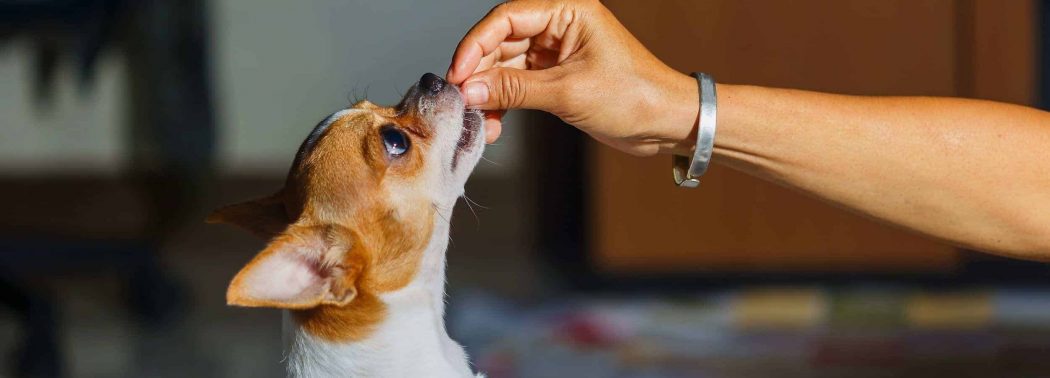
Frequently Asked Questions
No, dogs should not eat canned black eyed peas. Canned black eyed peas are not directly harmful to dogs, and there is no need to rush to the vet’s office in case your dog steals a few beans. However, feeding on purpose is inadvisable as all canned foods are loaded with artificial preservatives and additives.
Summary
If looking for an additional protein source for your dog, search no more – black eyed peas fit the nutritional profile of a safe and beneficial human food for dogs. The use of black eyed peas comes with various advantages.
Plus, most dogs find the black eyed beans quite tasty, and the smooth texture is easy and soothing on the gums. Just keep in mind that you might need to go through a particularly stinky bout of flatulence after serving your dog.
Sources
- Flatulence in Dogs, WebMD, 2021
- Effects of Oral Plant Polyphenols on Blood Antioxidant Status of Adult Dogs, Celina Torre, Isabelle Jeusette, Victor Romano, 2005
- Dietary Fibre In Dogs And Cats – Its Therapeutic Importance, Marge Chandler, 2012
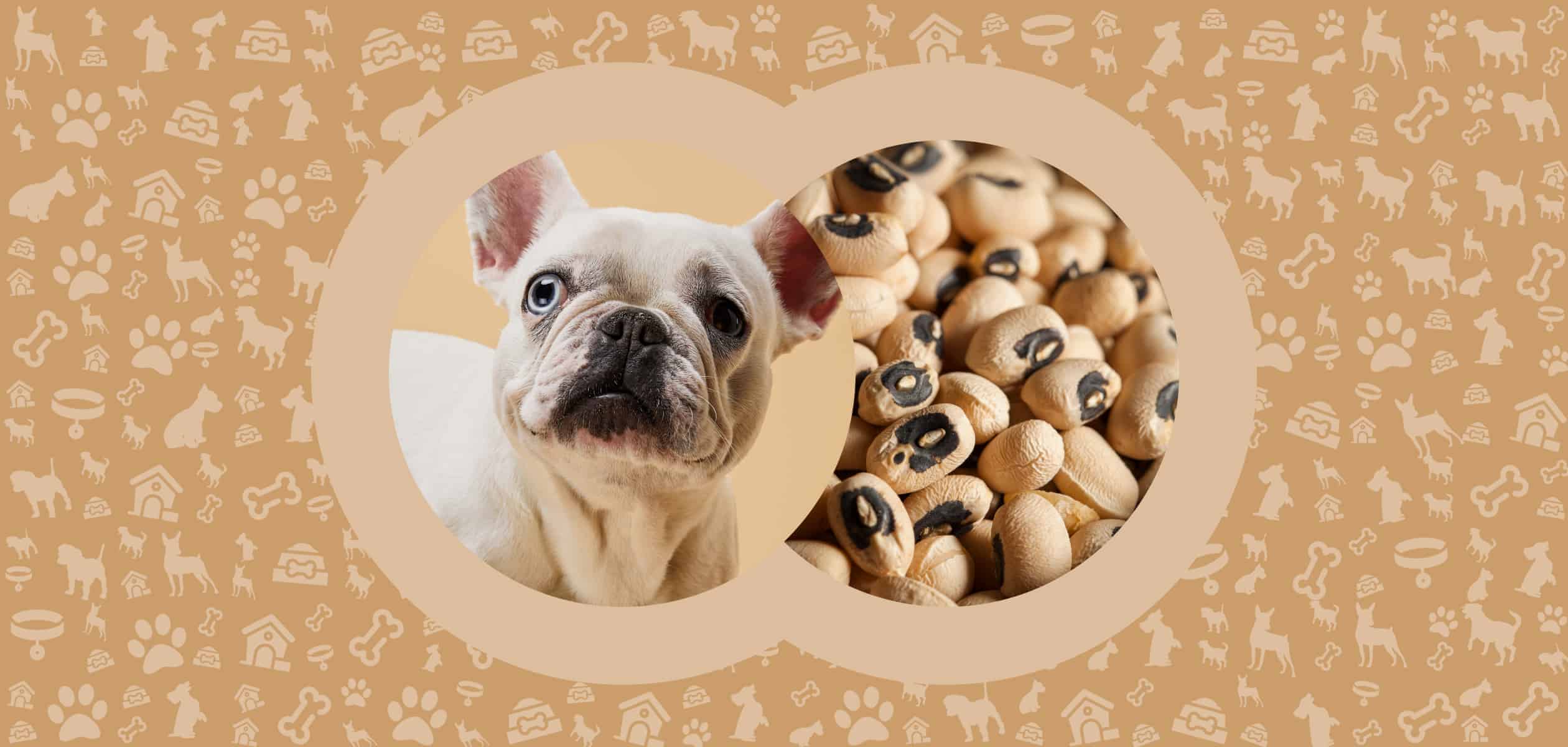
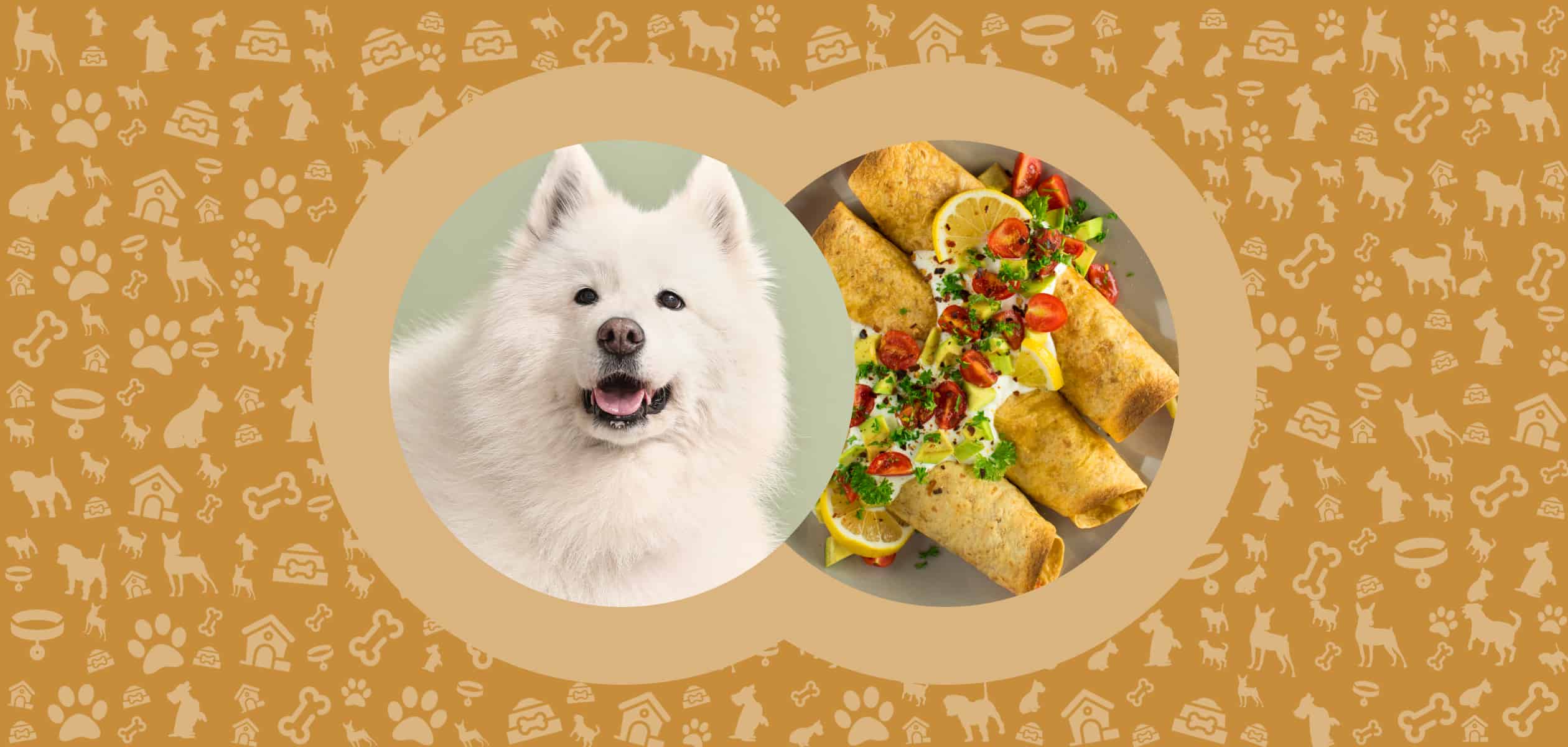
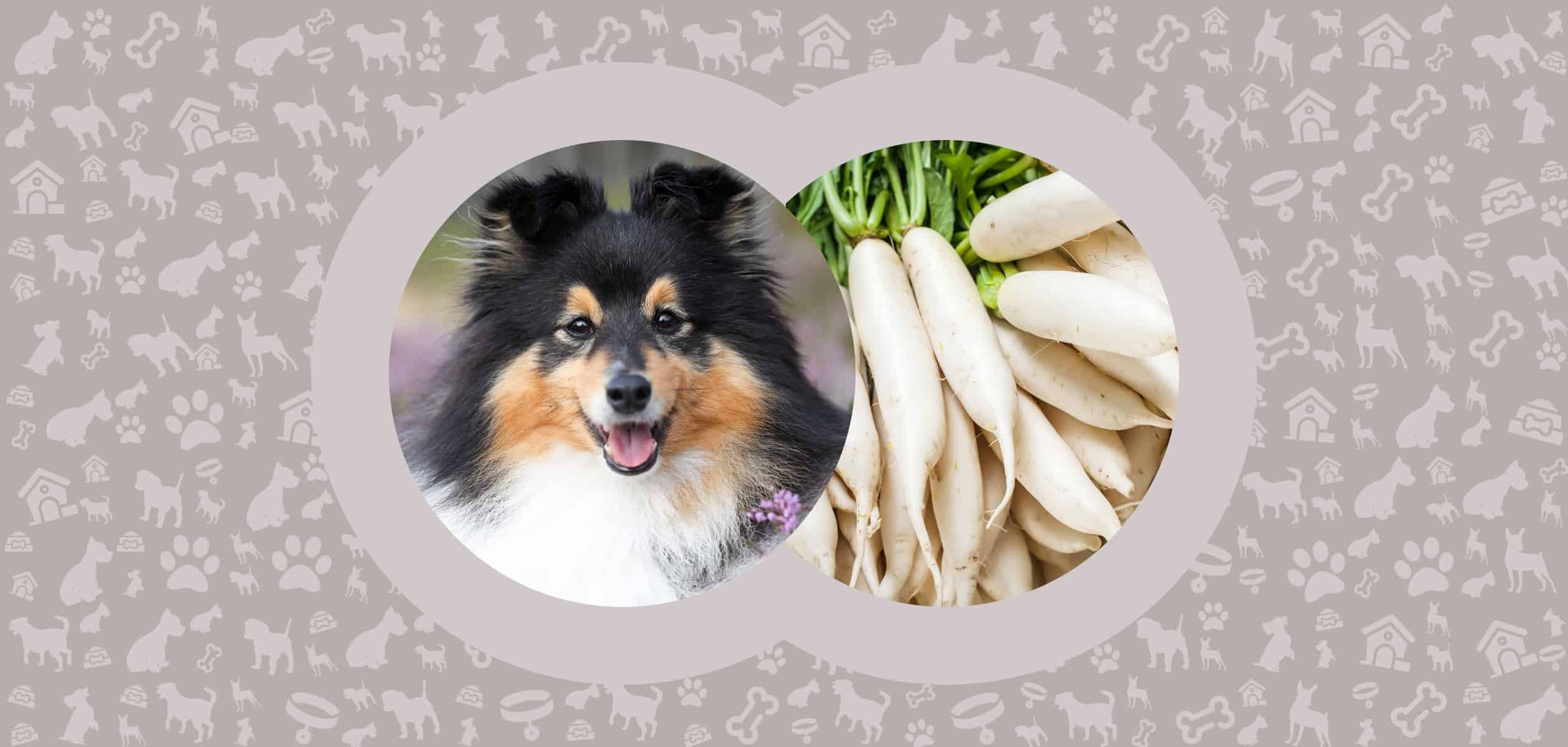
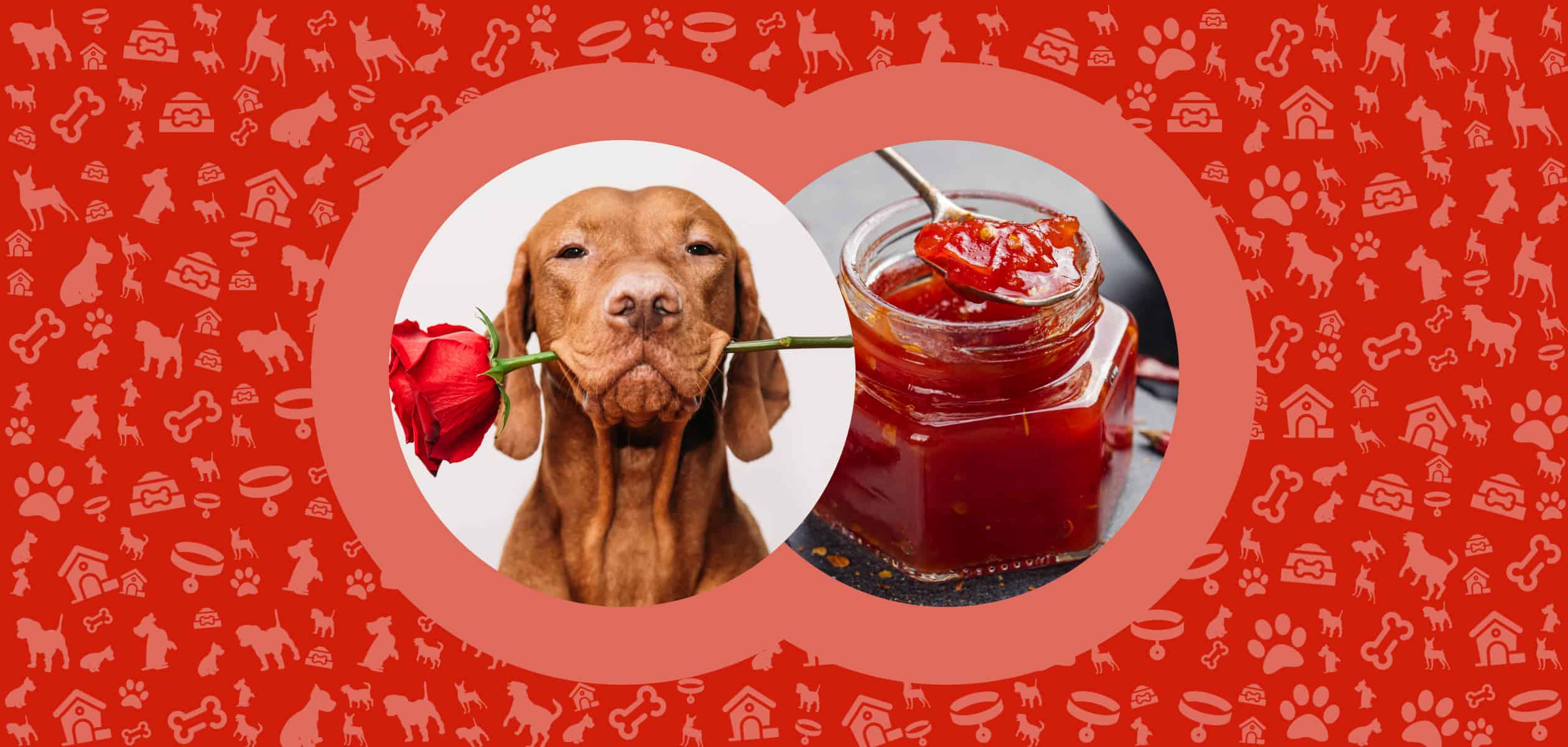
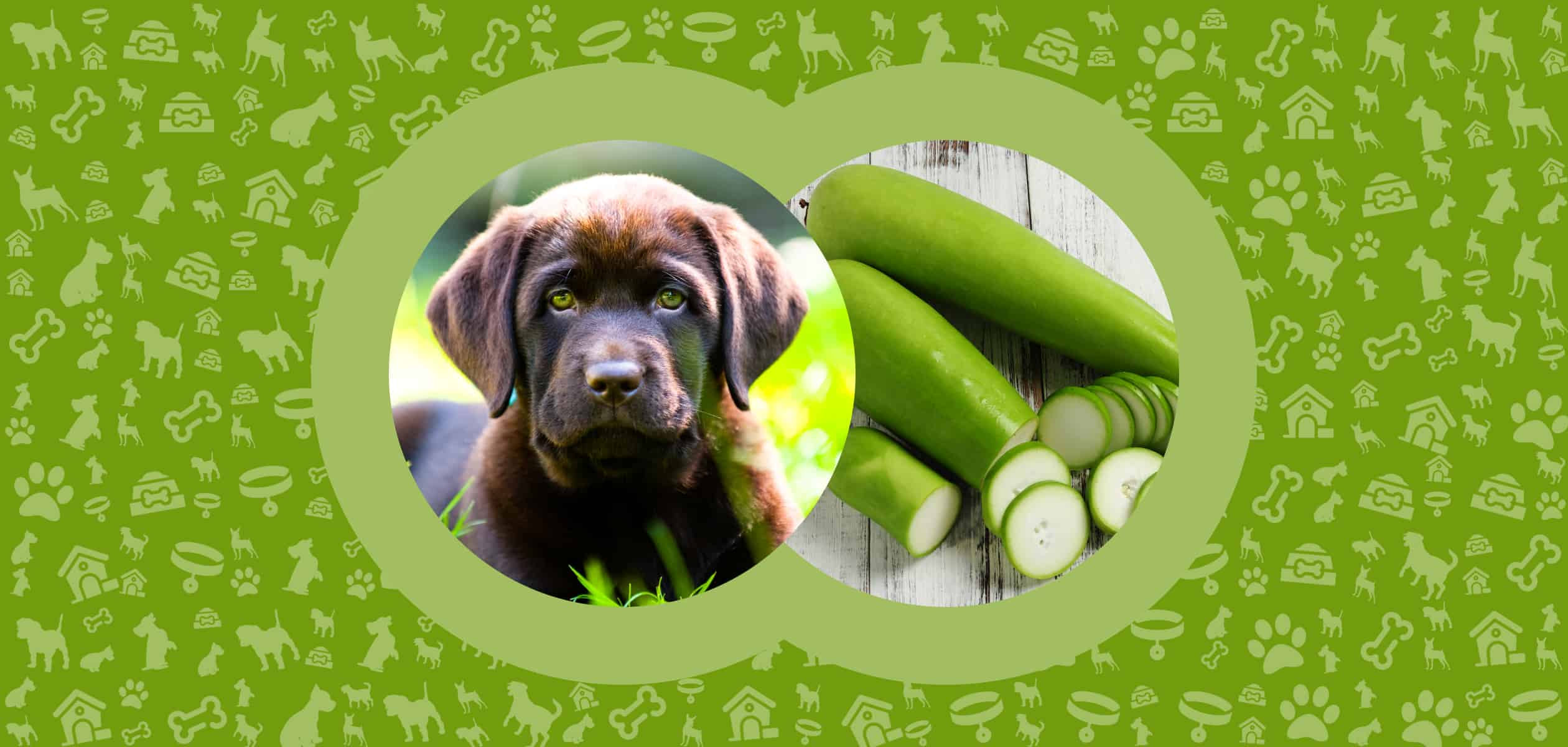
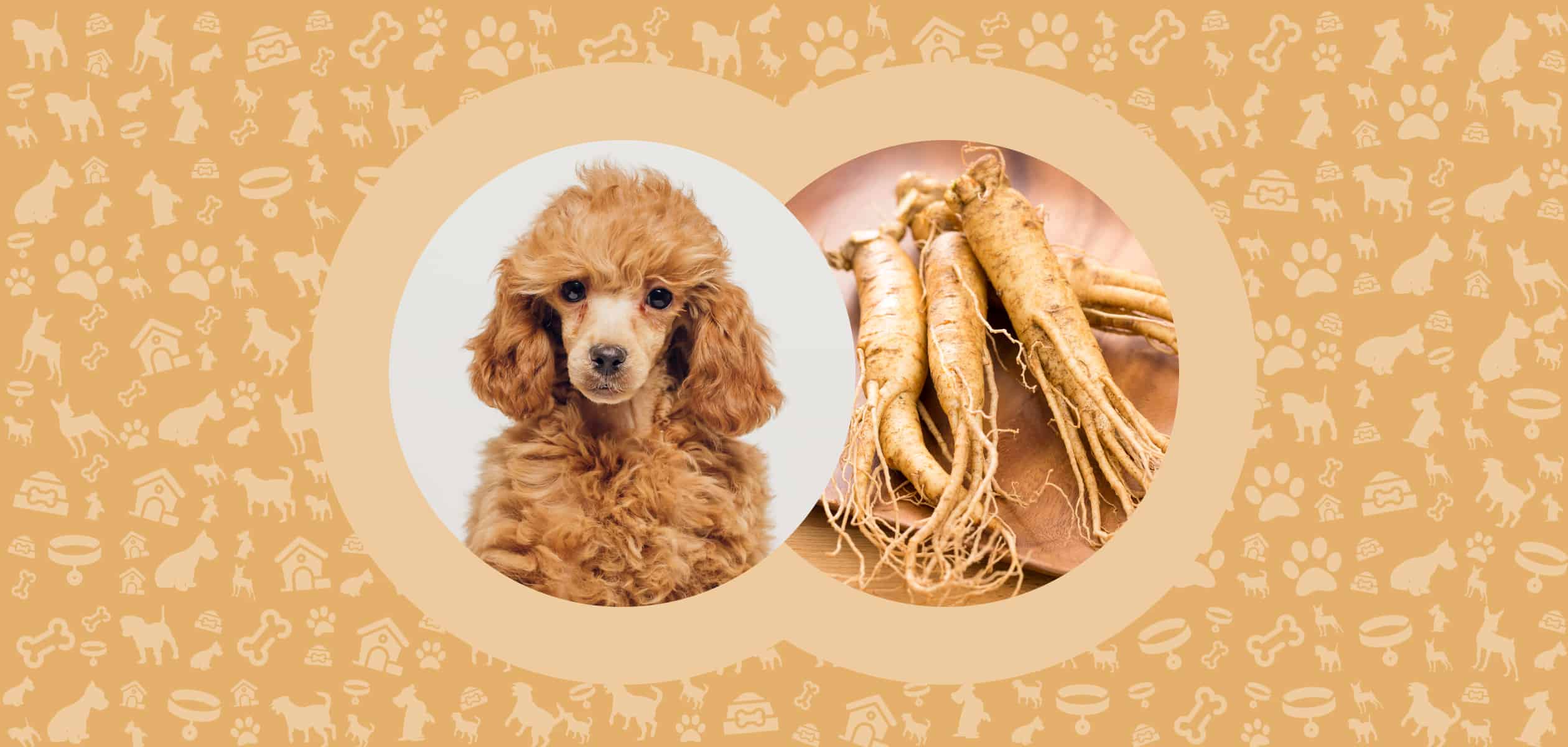
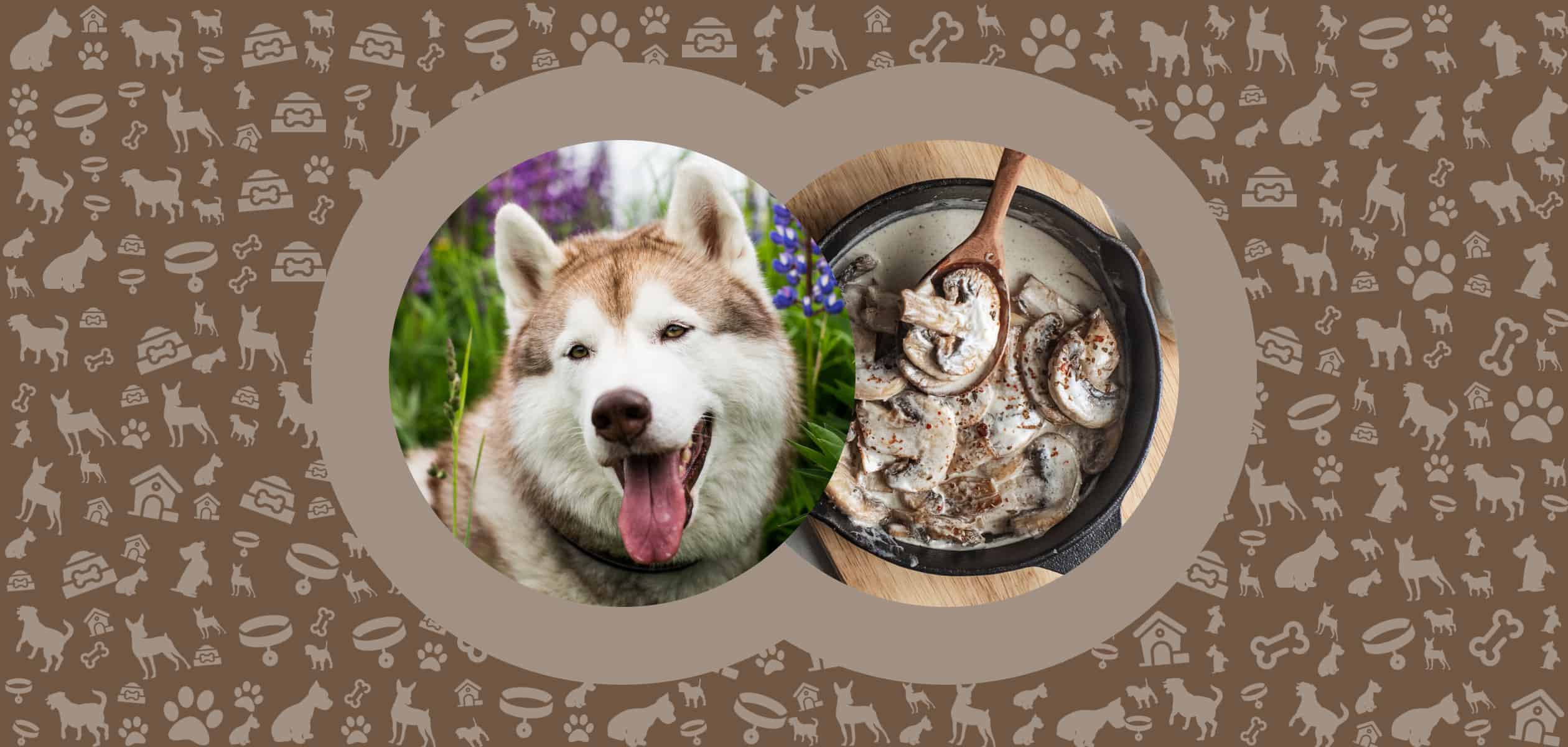
Leave a Comment